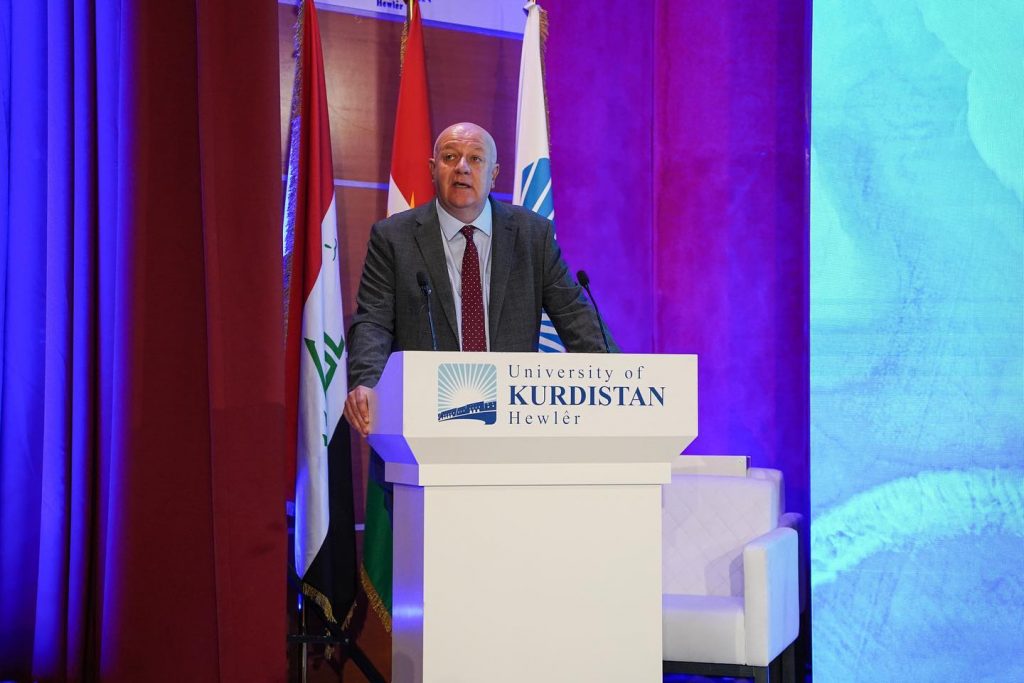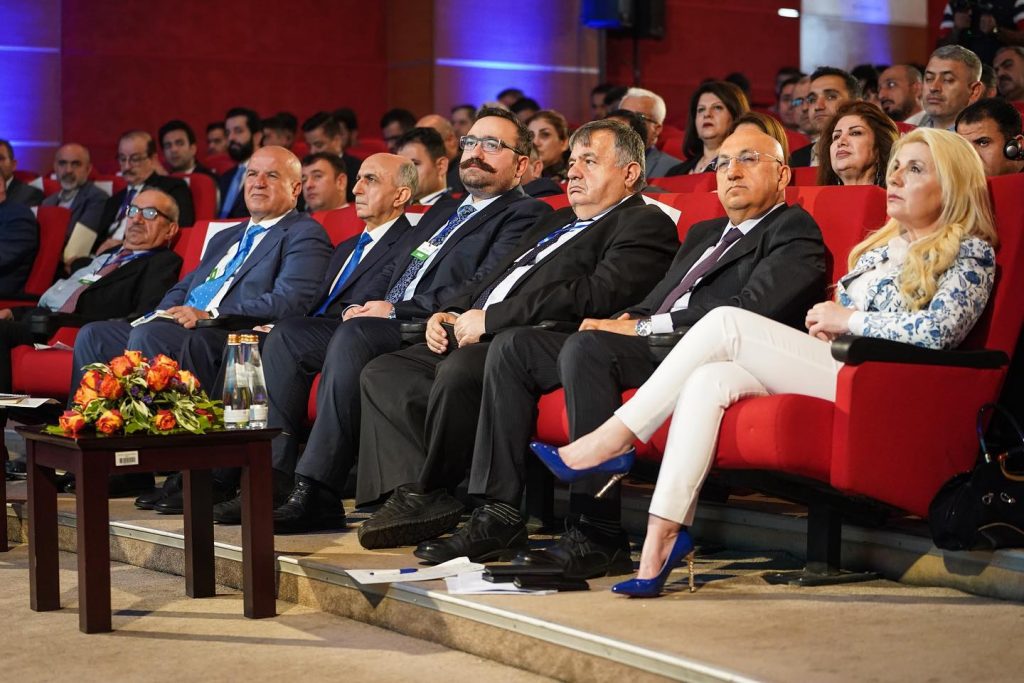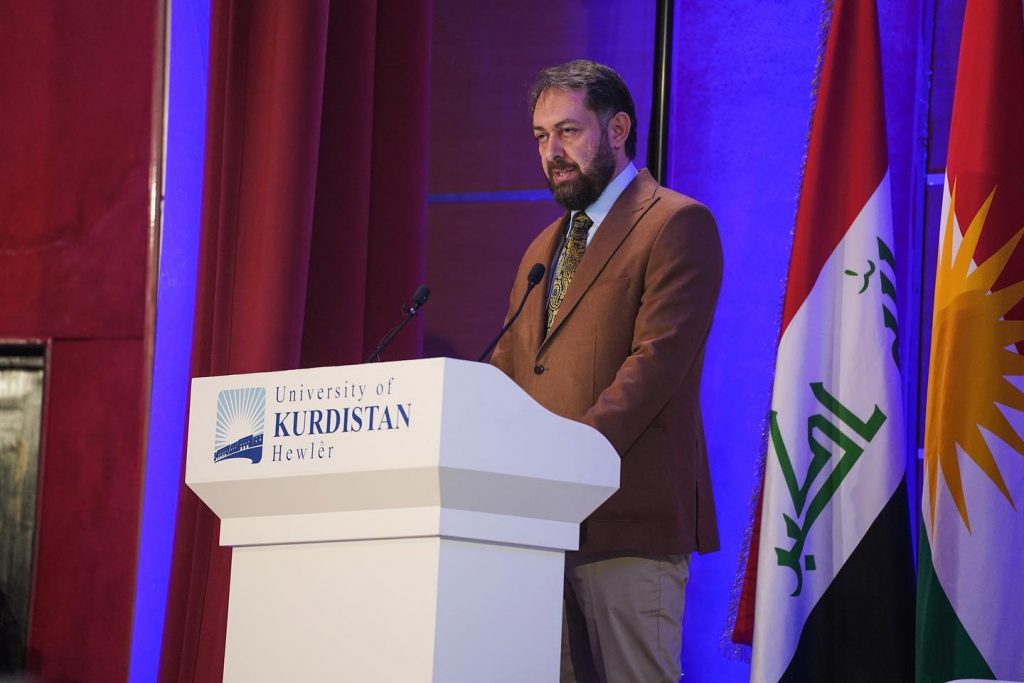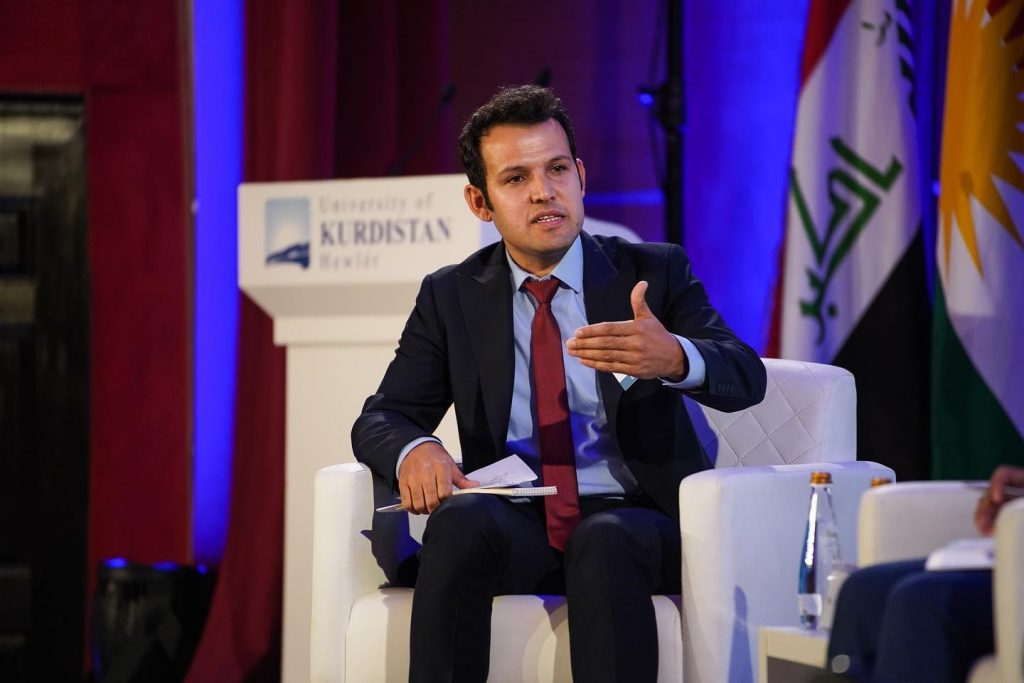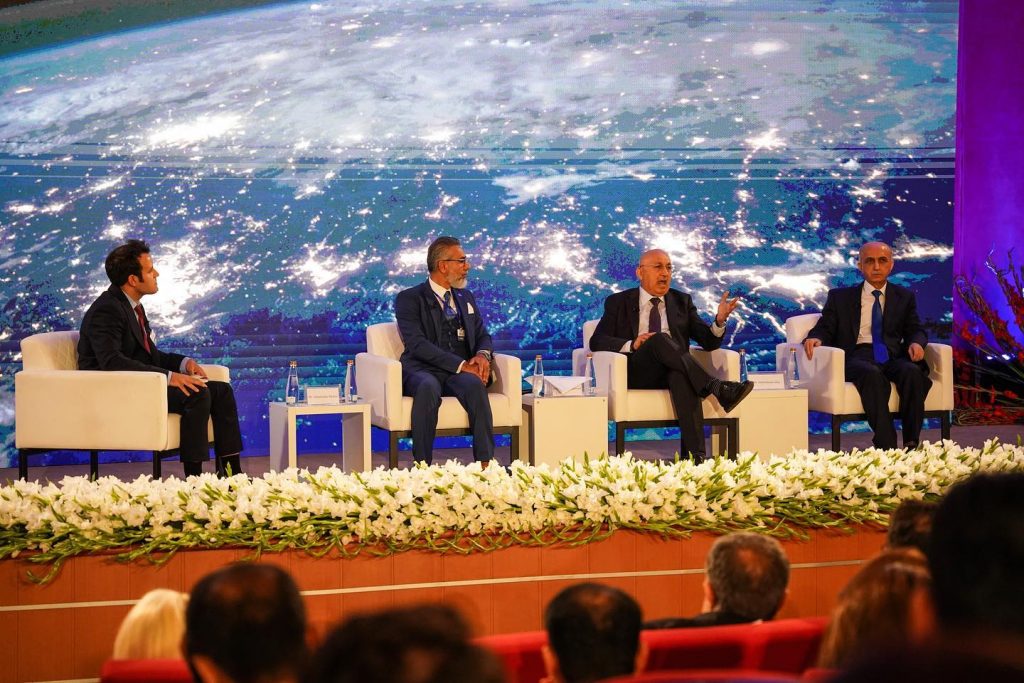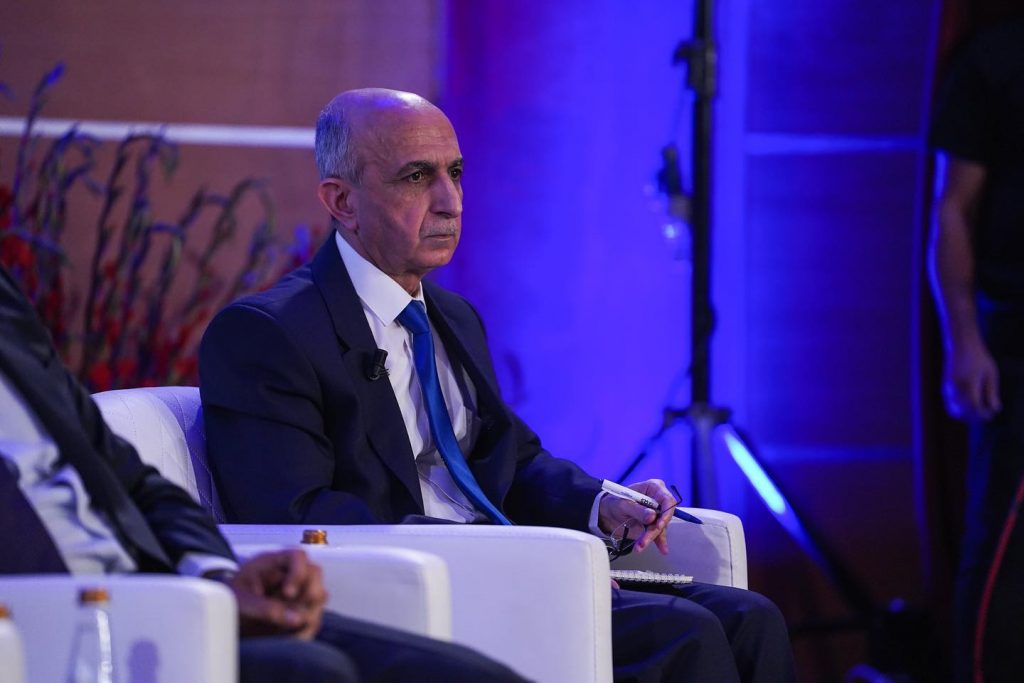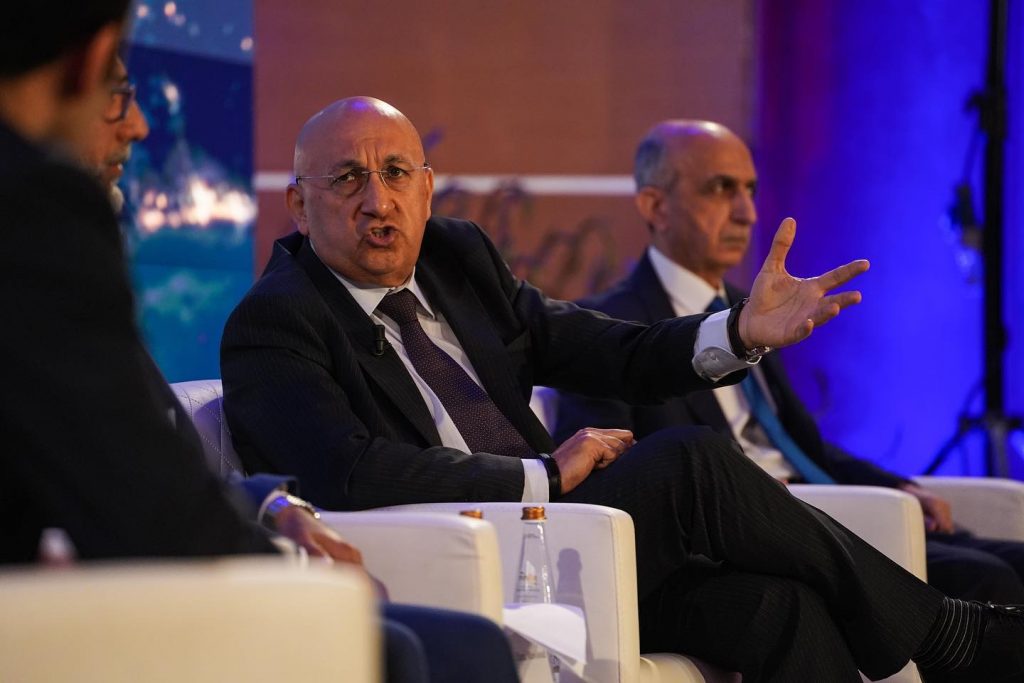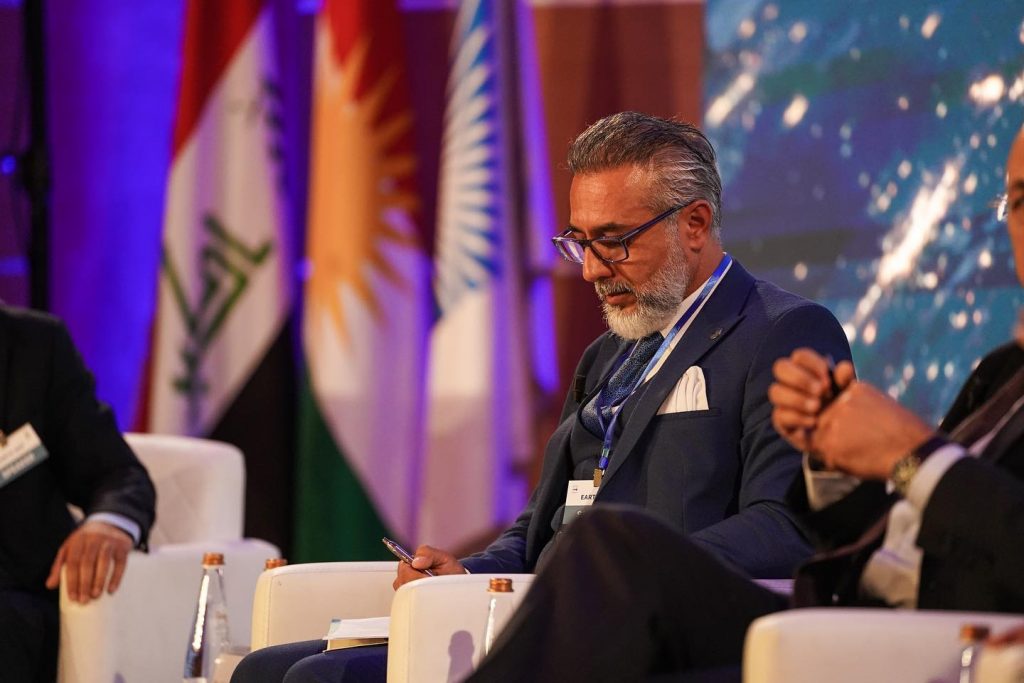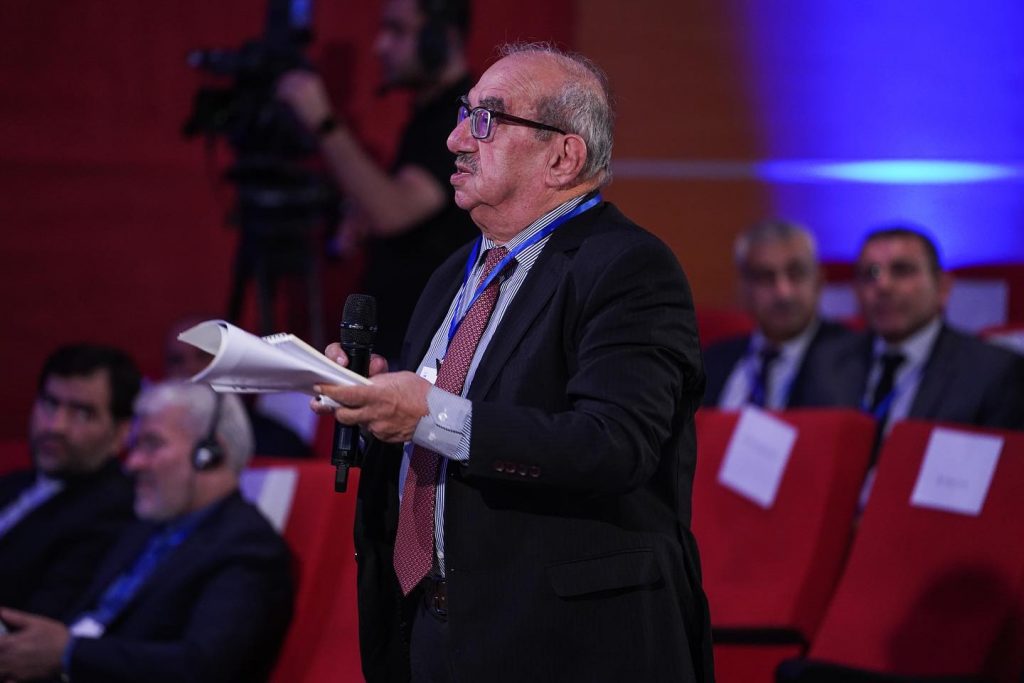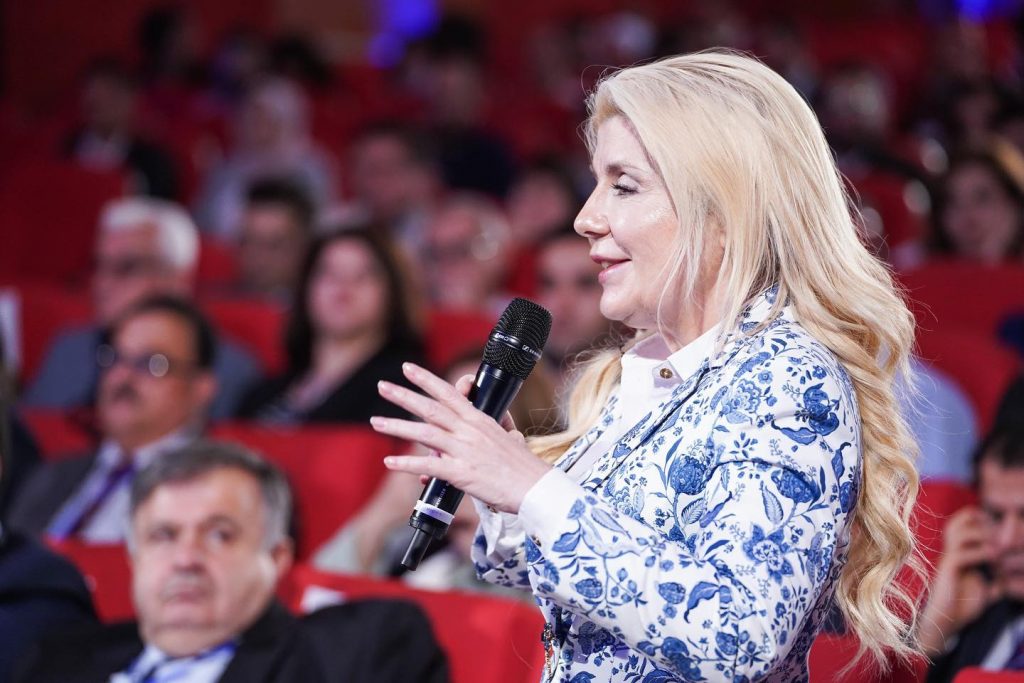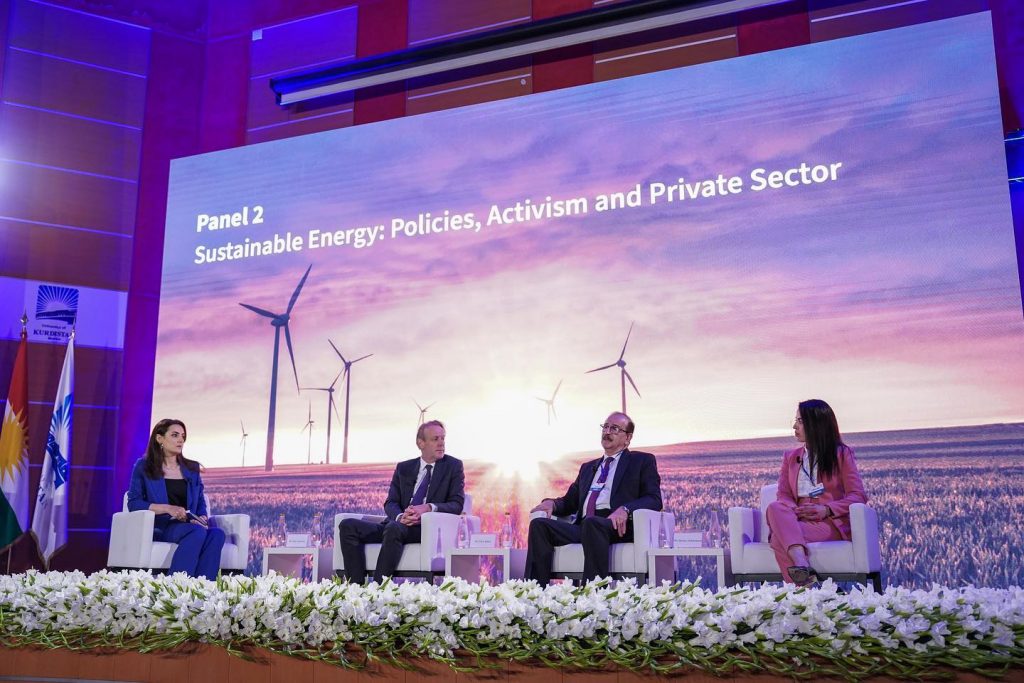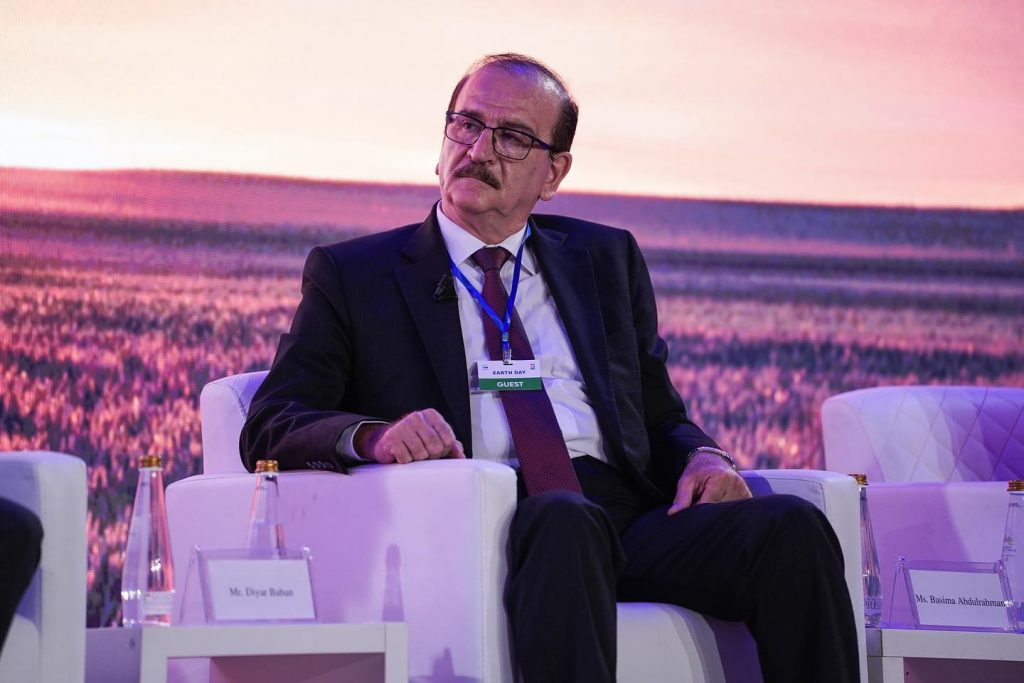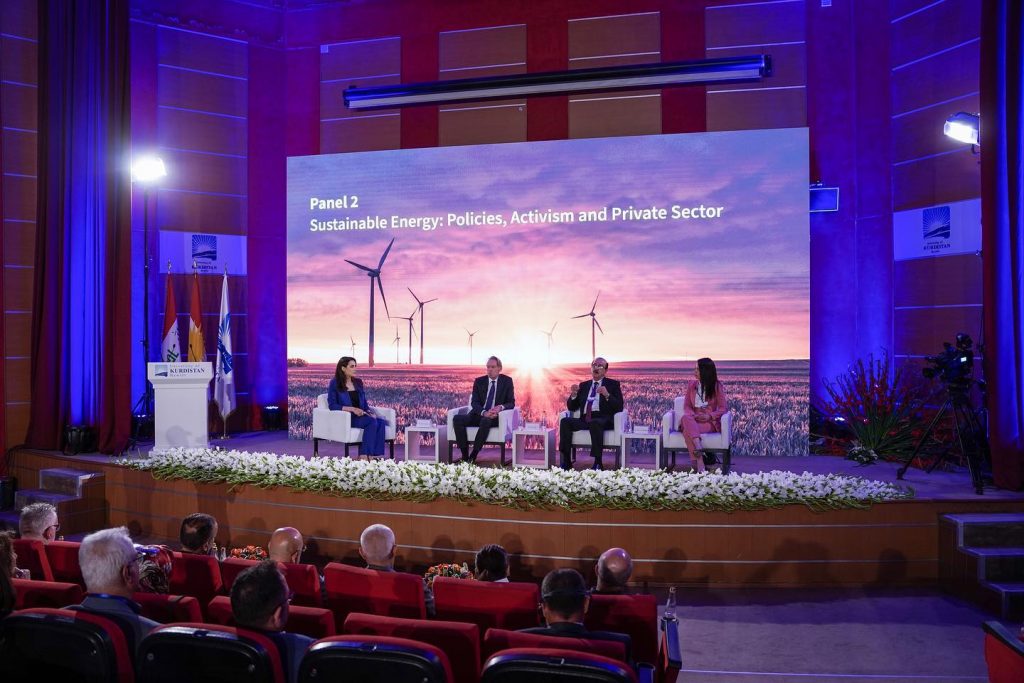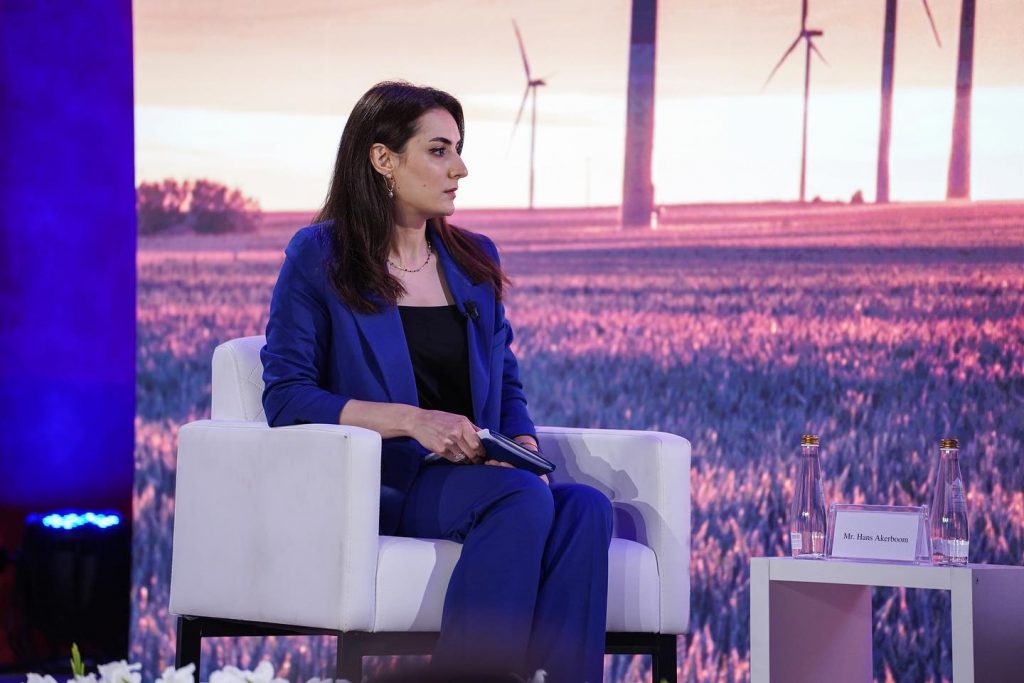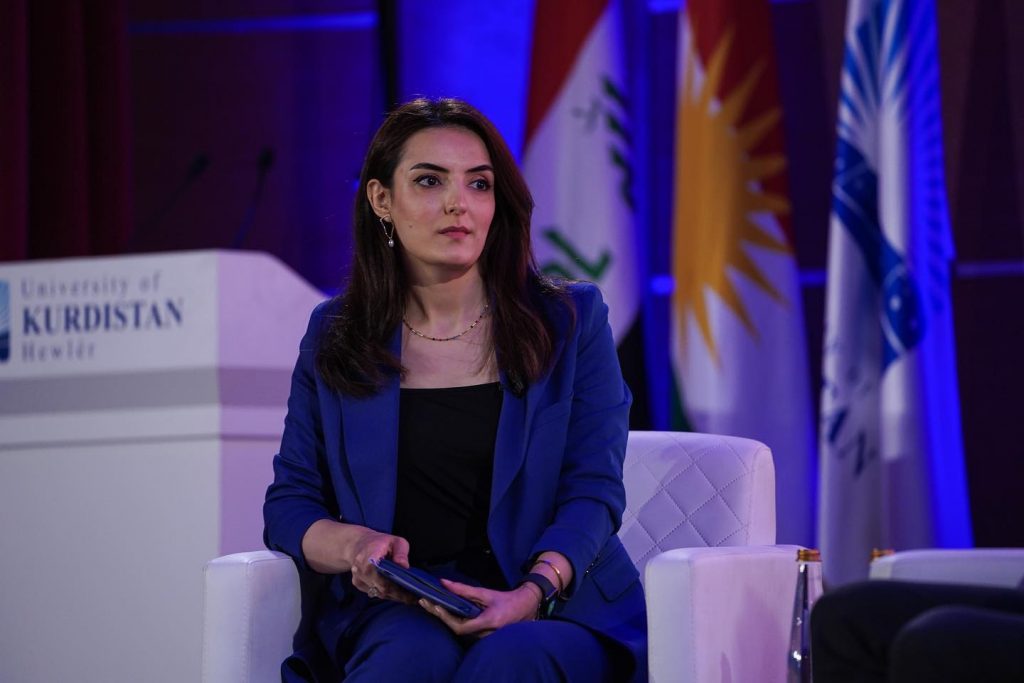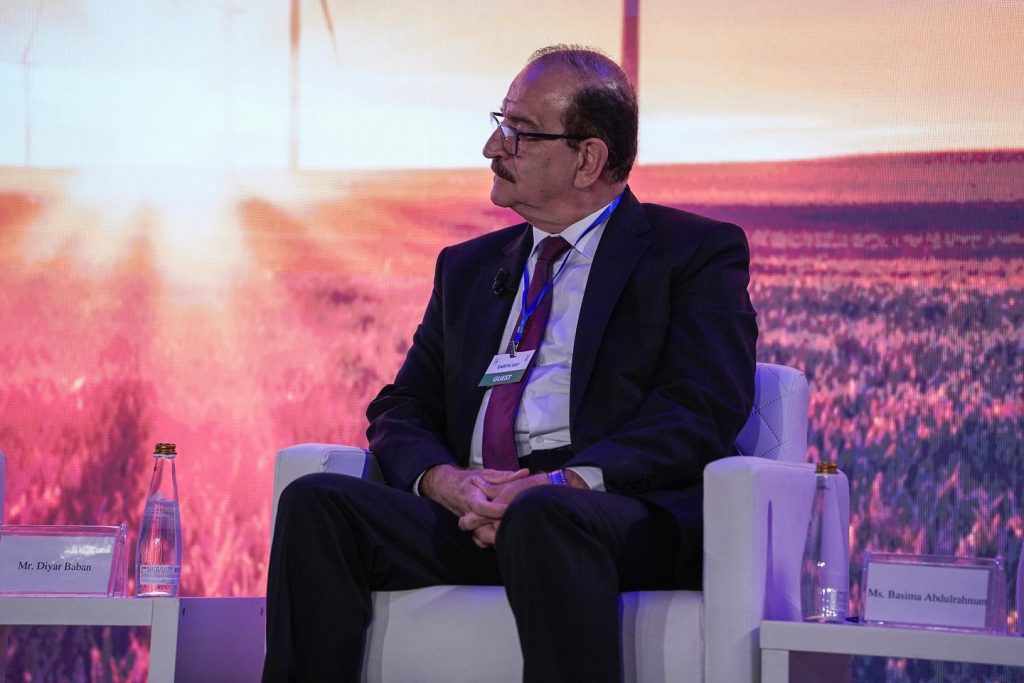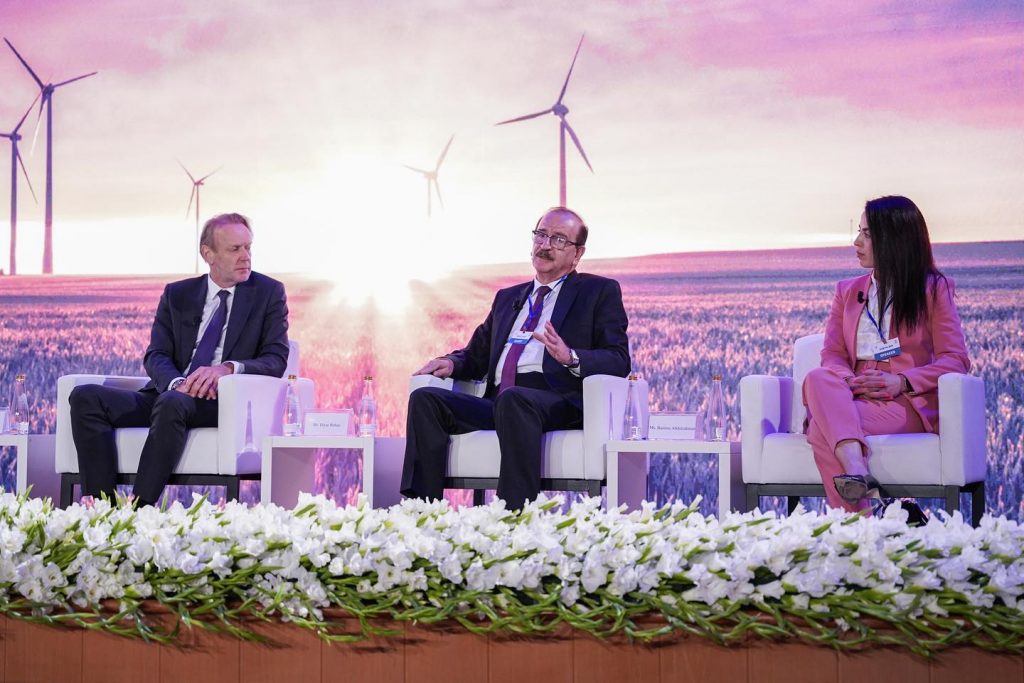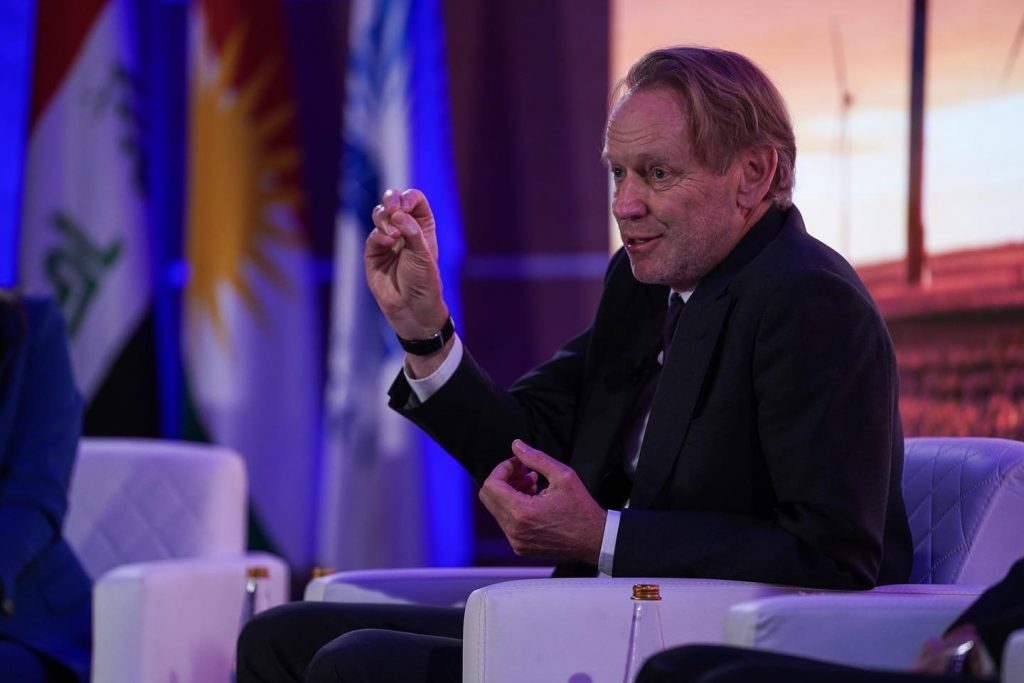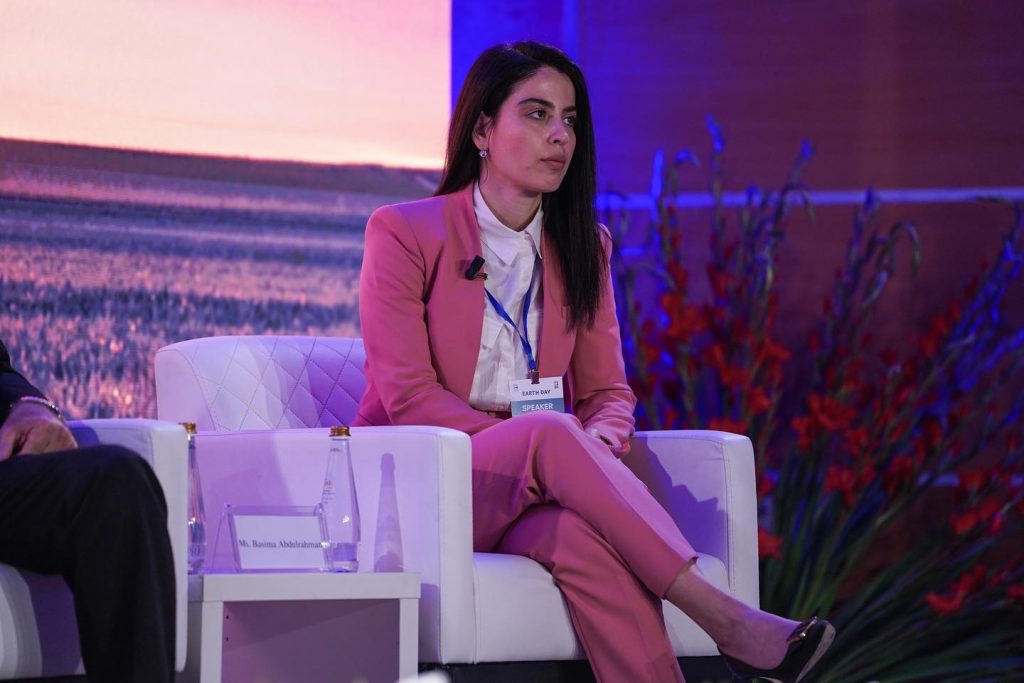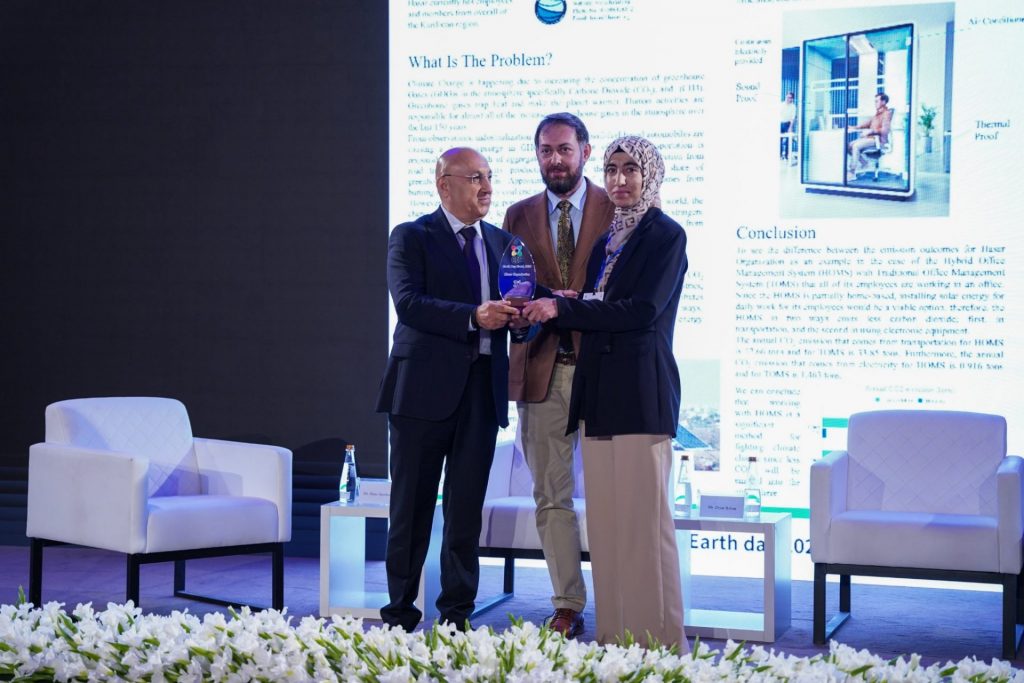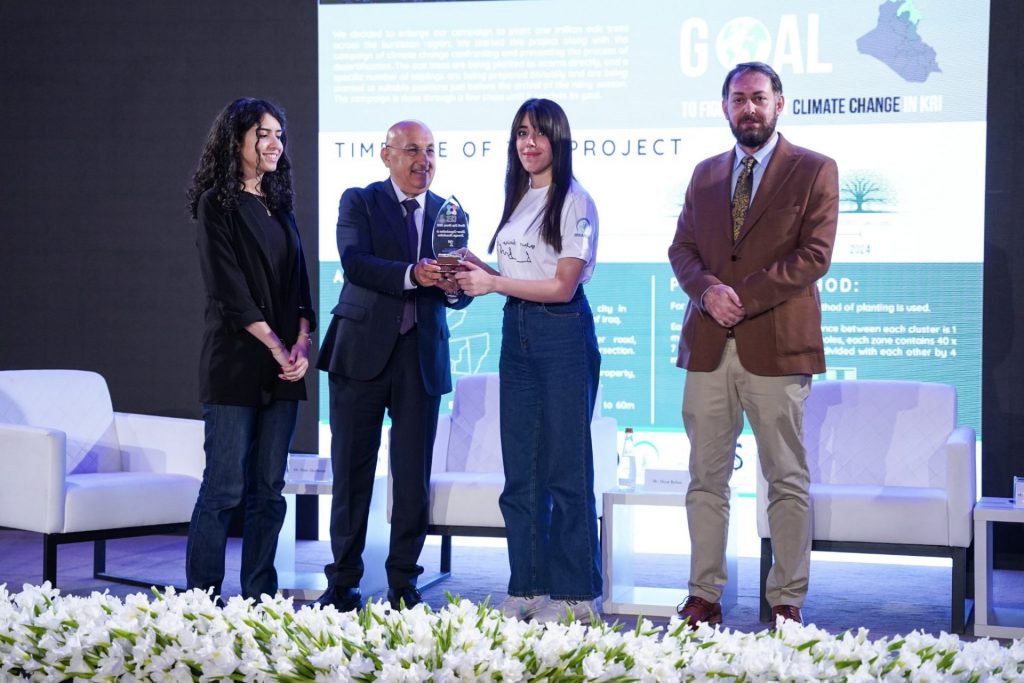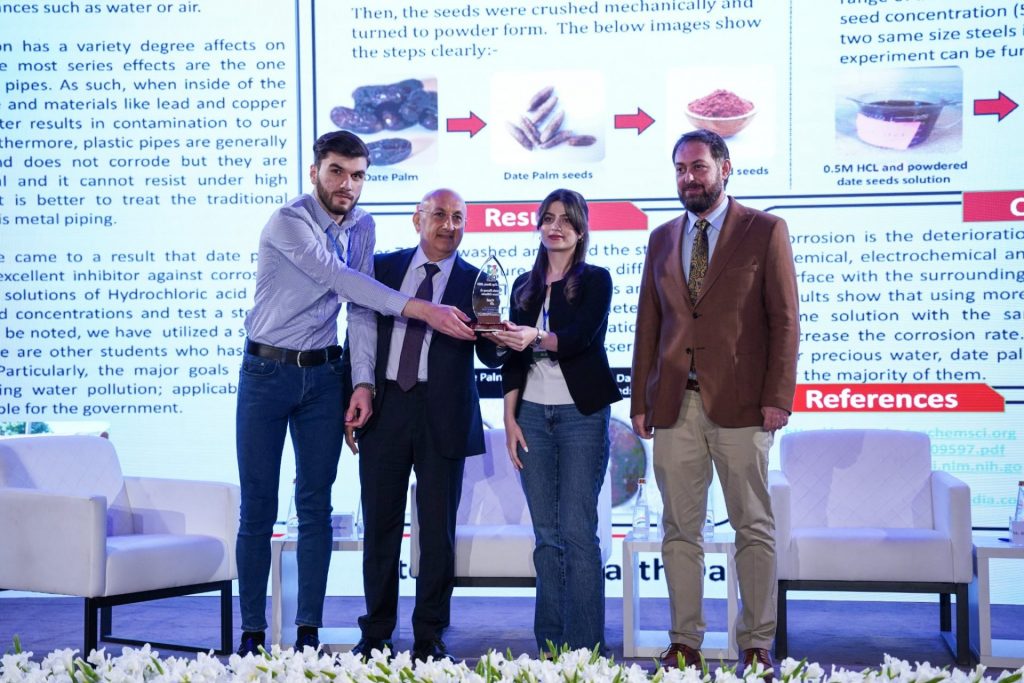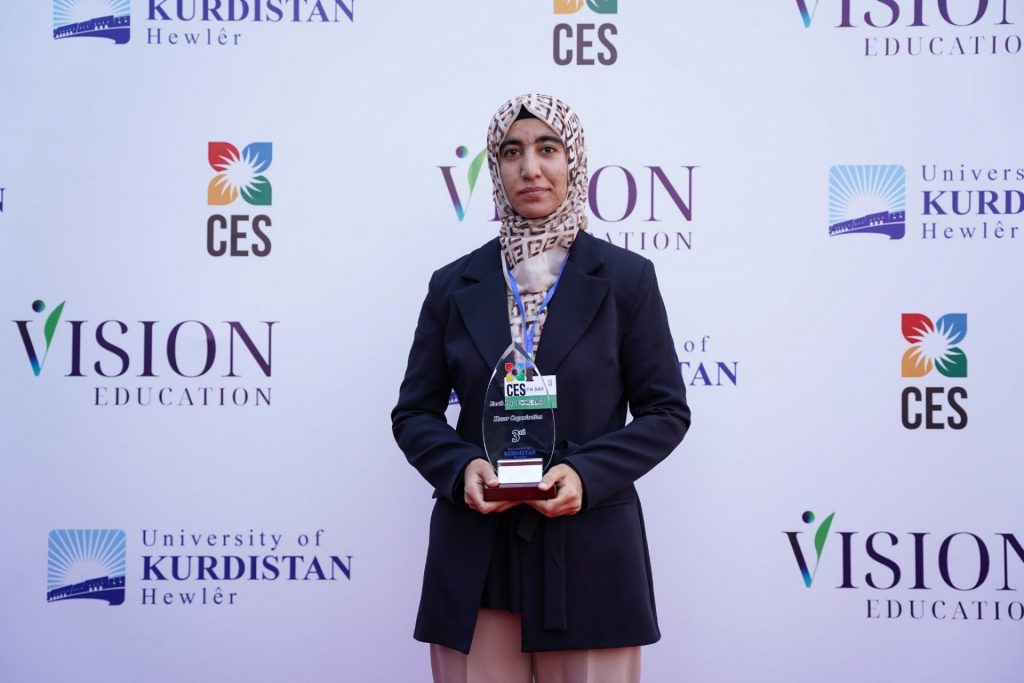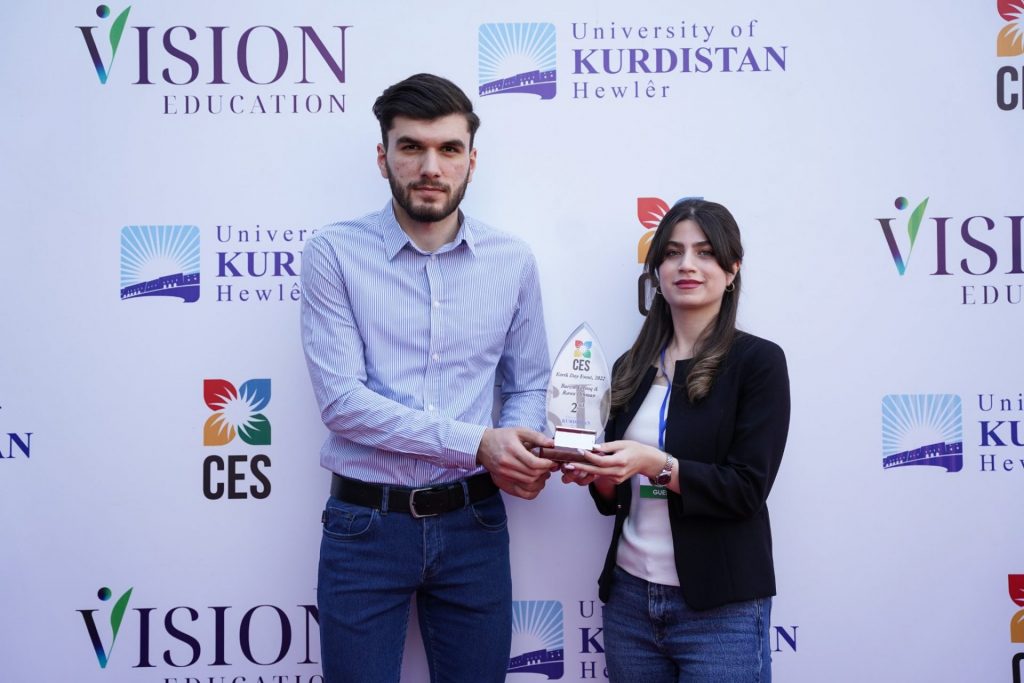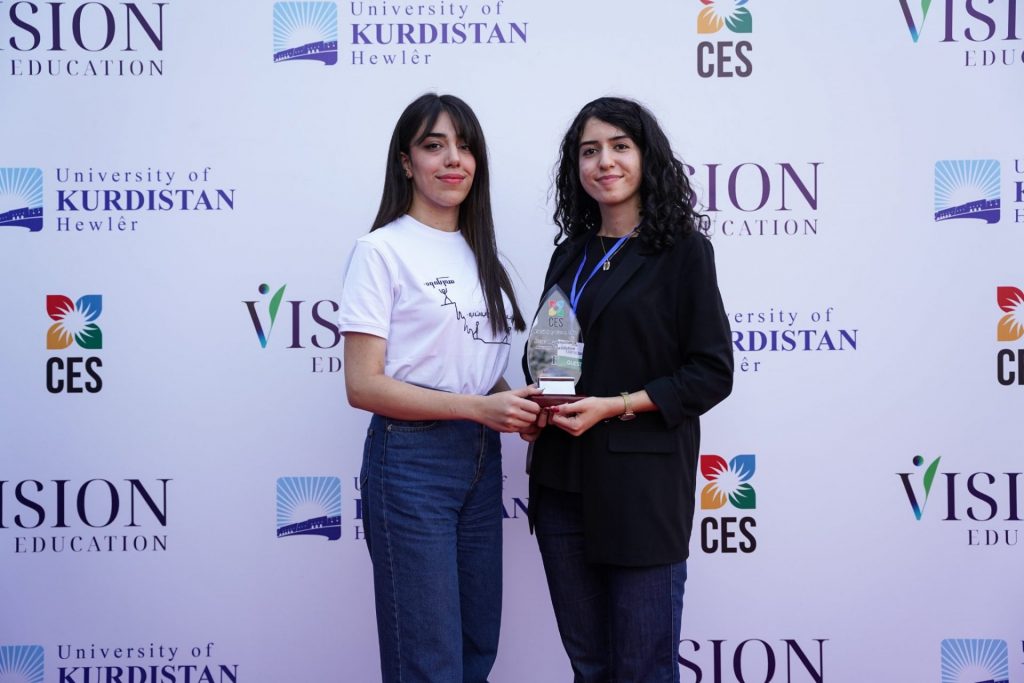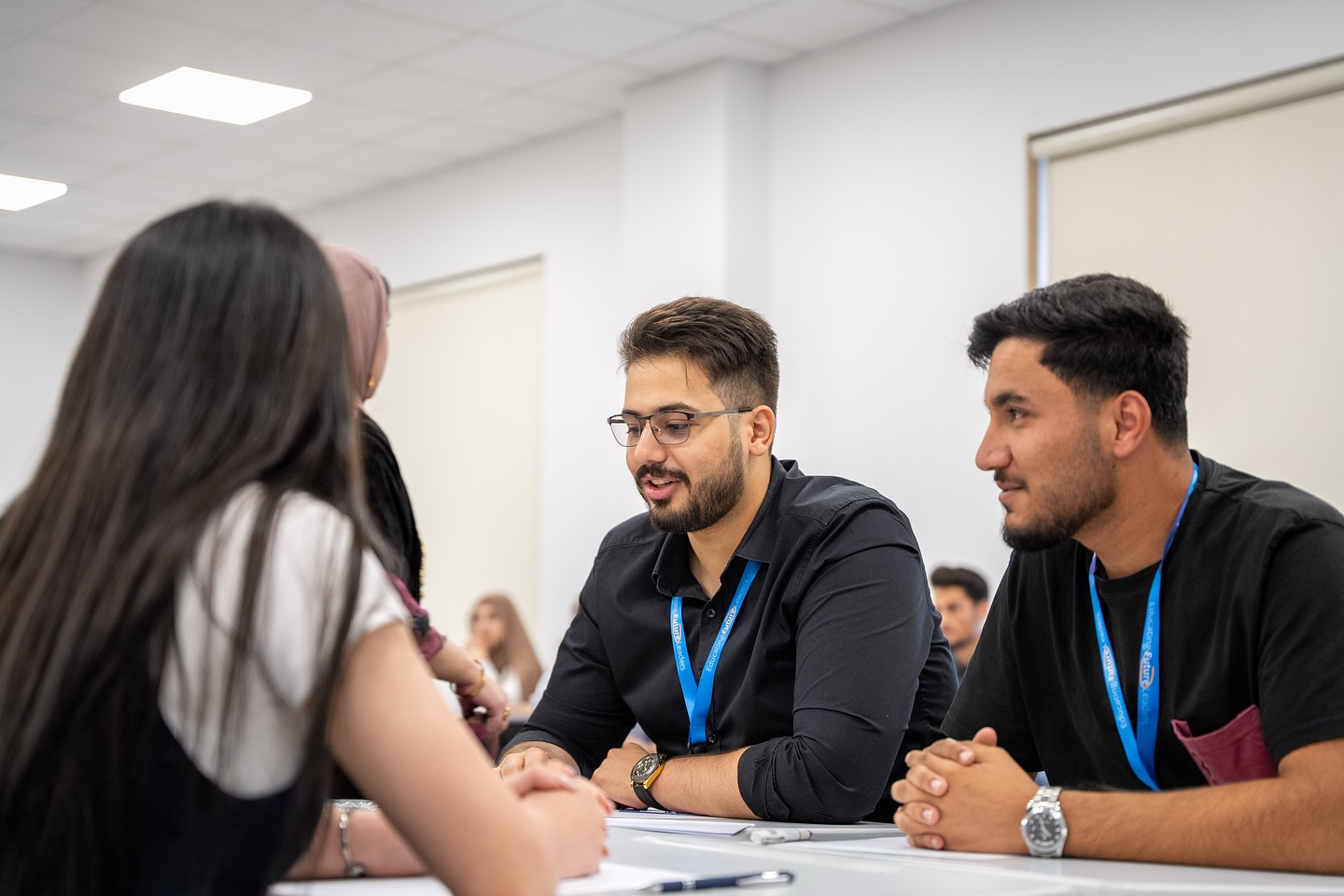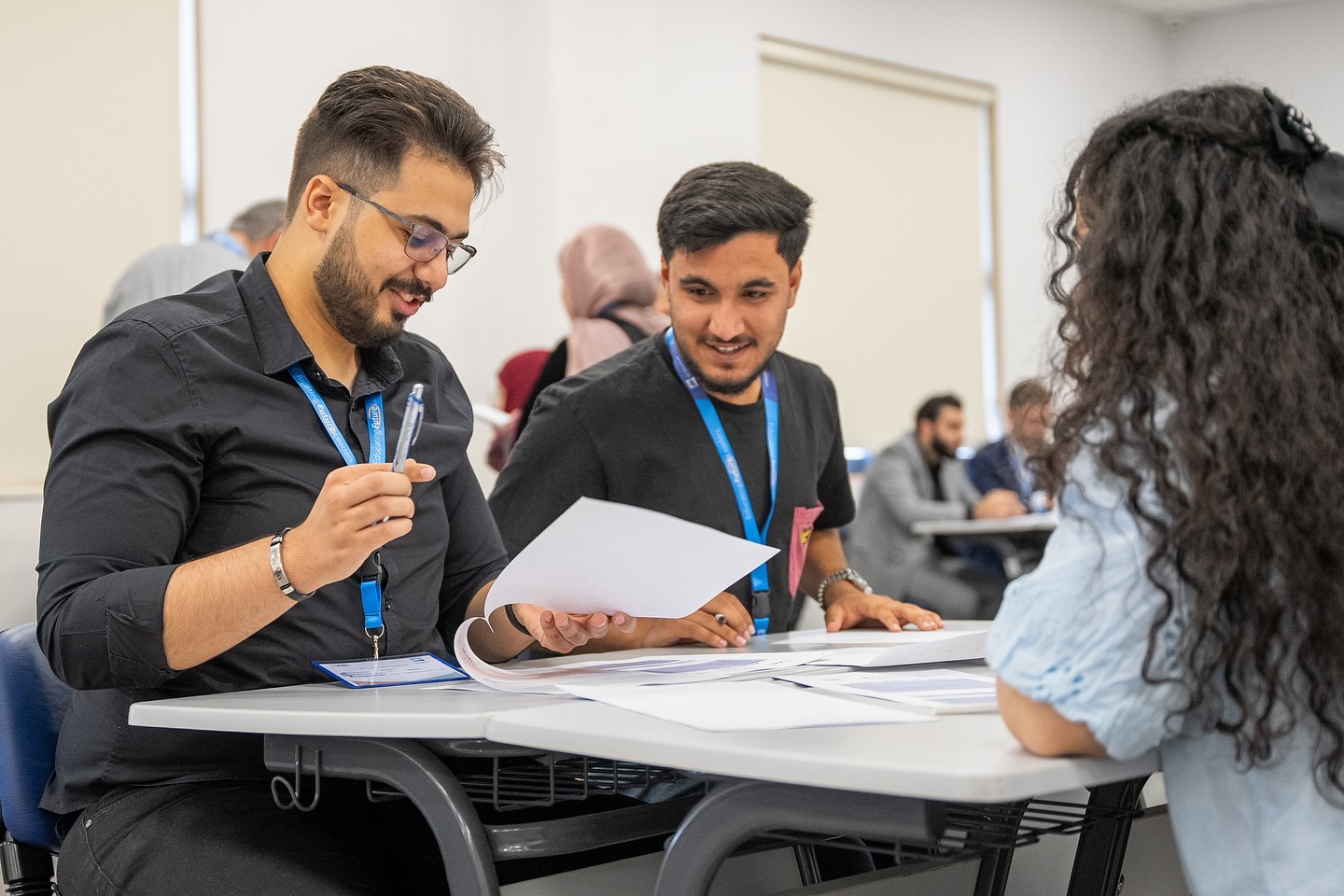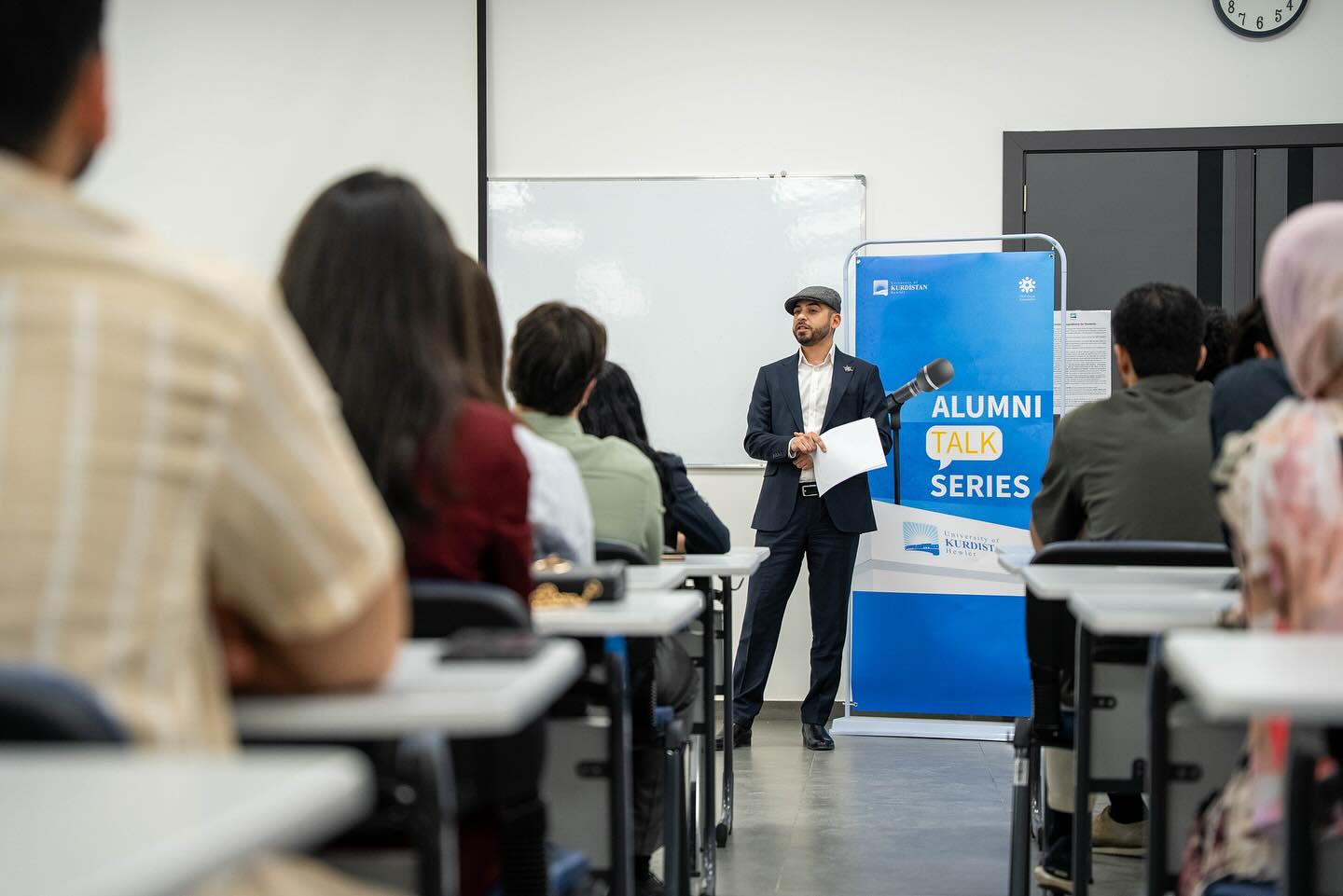The University of Kurdistan Hewlêr (UKH) hosted an event titled “World Earth Day” on 19th May 2022 and brought together diplomats, KRG officials, academics, students and activists together to discuss the current challenges and offer solutions to global warming and environmental disorders in the region. The event was organised by UKH’s Centre for Environmental Studies (CES) and sponsored by Vision Education, and the media sponsor was Rudaw Media Network.
While the Kurdistan Region, Iraq and the world are facing enormous climate change-related challenges, UKH strongly believes in collective efforts to minimize the consequences of such challenges. Educational institutions have the chance to become a leading entity in such a campaign.
UKH was established to become a leading institution in the region, and it is striving to provide high quality learning opportunities for its students and staff to carry out research, enterprise and community engagement activities that are needed to elevate the living standards in the Kurdistan Region and beyond. In the meantime, UKH has a mission to educate and train young talents to become a leading force for sustainable development.
The event was started by UKH President Bill Rammell’s opening remarks, who started with thanking UKH Chancellor Idris Nechirvan Barzani for opening the CES. Bill reminded the audience of the harsh history of the Kurdistan Region, but also warned against the risks of climate change implications. “In the 30 years since the modern Kurdistan emerged from decades of discrimination, genocide, and war, the world has become more and more harsh as the reality of climate change comes home to roost. The effects of climate change in Kurdistan and Iraq are profound in directly and indirectly impacting all citizens’ lives.” he said.
“Grave security issues can stem from environmental degradation in Iraq and Kurdistan. These include food security, water shortages, armed conflict, and livelihood issues, ultimately causing political instability inside and outside the country” Bill continued.
Bill also announced that his aim is that UKH becomes the first solar powered university in Iraq. “Let’s use the sun at the heart of the flag for the betterment of Kurdistan, saving money and resources.” He said.
This was followed by a keynote speech from Dr. Dara Ghasimi, CES director and assistant professor in UKH’s School of Science and Engineering. “The need for awareness and meaningful change has become more urgent, as the consequences of our climate crisis are now more apparent than ever. The key points here are to act boldly, innovate broadly, and implement equitably. Long-term prosperity requires sustainability. Companies are realizing that going green, benefits us all. It’s time to adopt a green economy. Thus a framework for a sustainable future must be built by society, institutions, and businesses” he said.
The event was followed by a documentary film on Erbil’s solid and water waste management area, produced by UKH’s Department of Public Relations, Media and Communications.
The other parts of the event included two important panel discussions, “Invest in Our Planet: Environmental Challenges in the KRI” and “Sustainable Energy: Policies, Activism and the Private Sector”, respectively.
The first panel was membered by Abdulrahman Sadiq, Iraq’s first minister of environment after 2003, Dr. Dana K. Mawlood, UKH Governing Board member and Abdulsalam Medeni, Chief Executive Director at Rwanga Foundation.
This panel brought together a mixture of civil society, government and academic specialties related to environment.
The second panel, however was a mixture of international experience, local activism and energy specialty in the governmental apparatus. Each of Consul General of the Kingdom of the Netherlands Hans Akerboom, Director General of Energy Affairs in KRG’s Ministry of Electricity Diyar Baban and civil society and environmental activist Basima Abdulrahman membered the panel.
The event was concluded by closing remarks from UKH Vice President Dr. Keith Sharp, who called for collective action to face climate change challenges. “We must also turn to the social and behavioural sciences if we are to develop a really comprehensive understanding of both the causes of the environmental problems we face and, crucially, policy responses to them.” He said.
